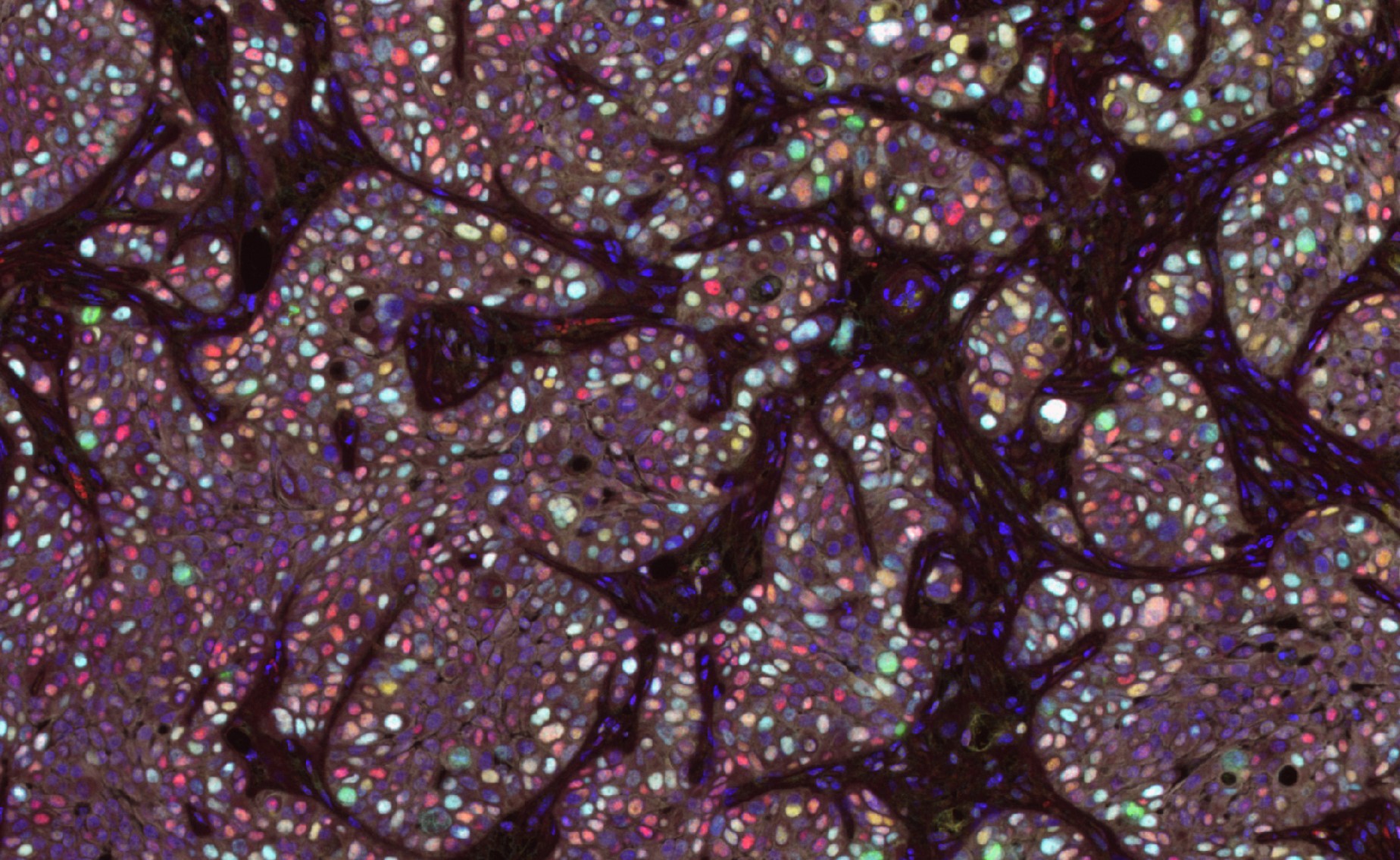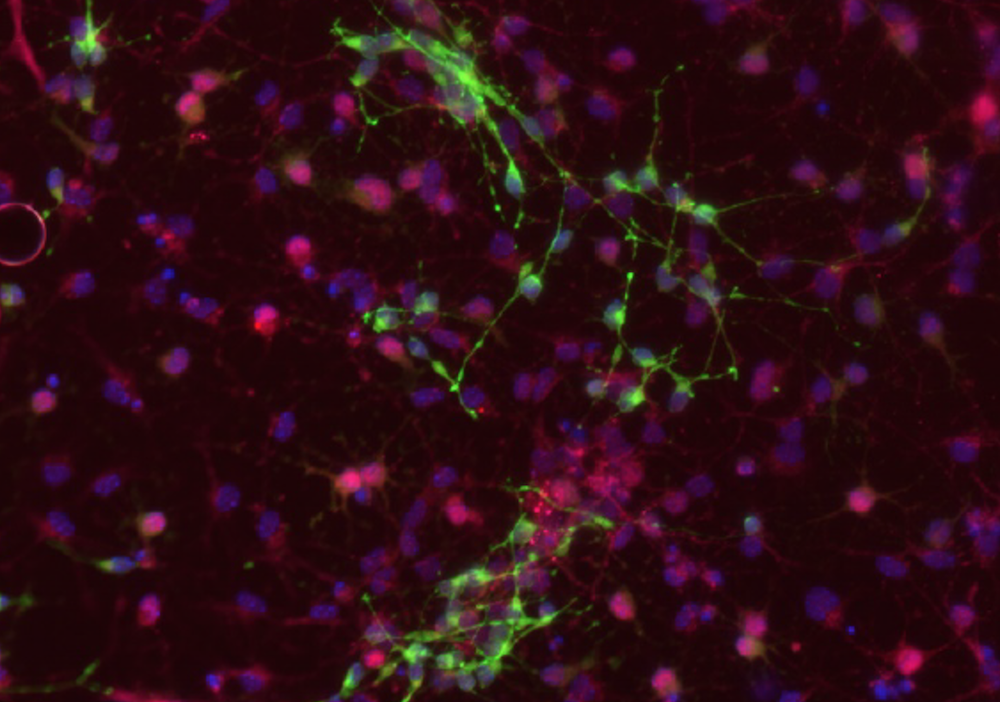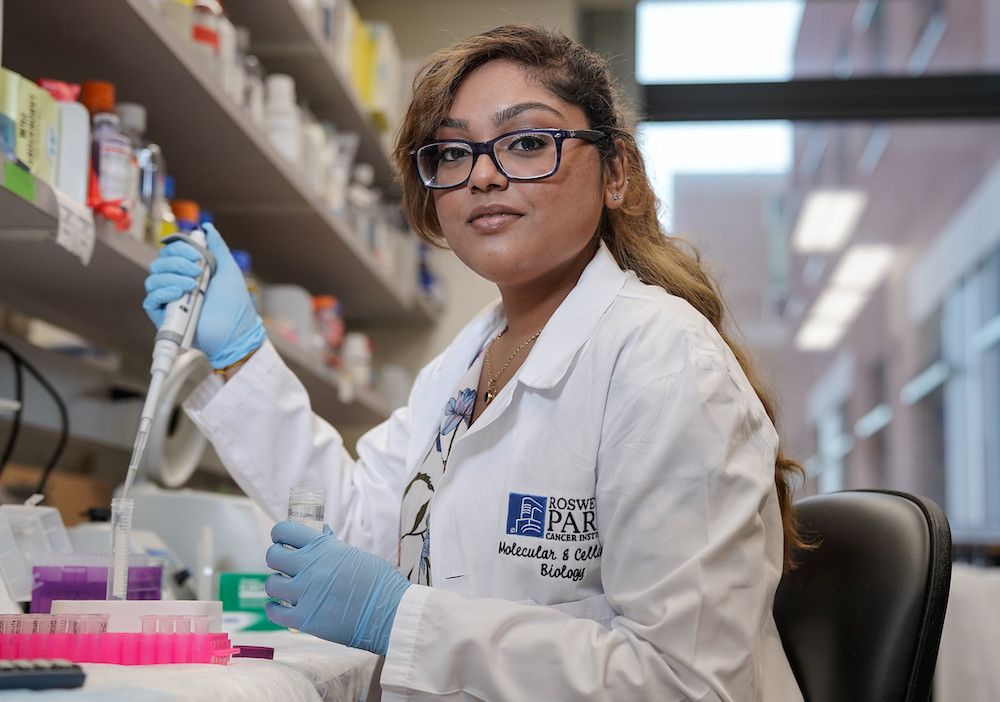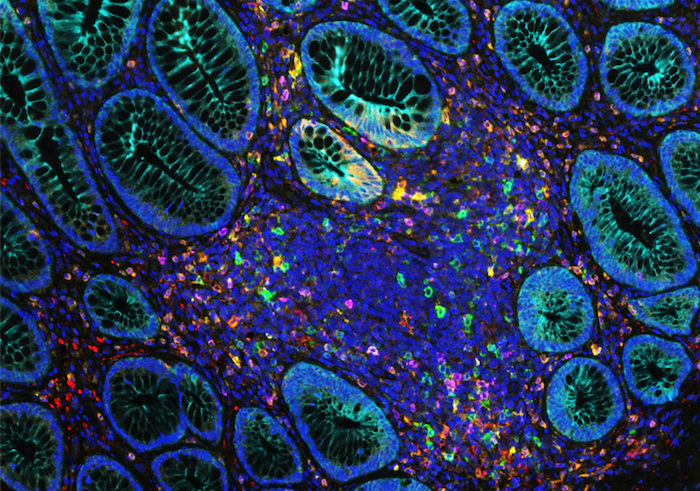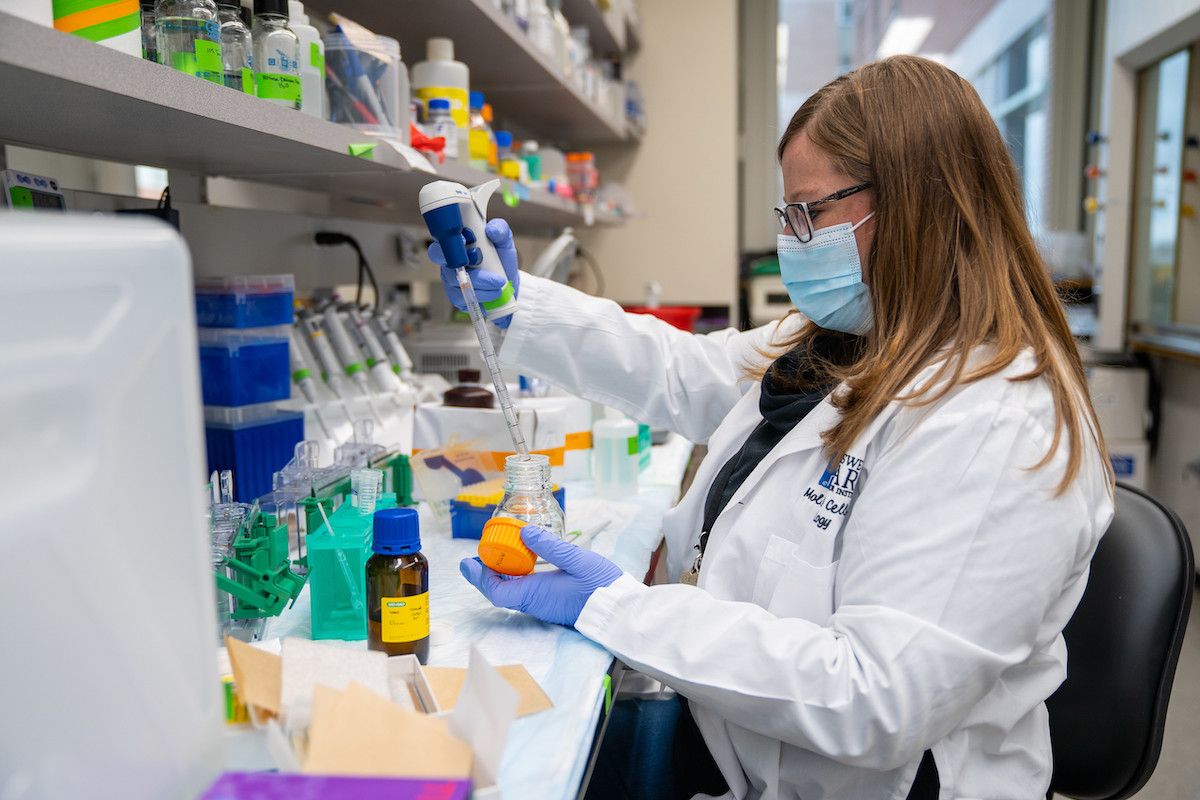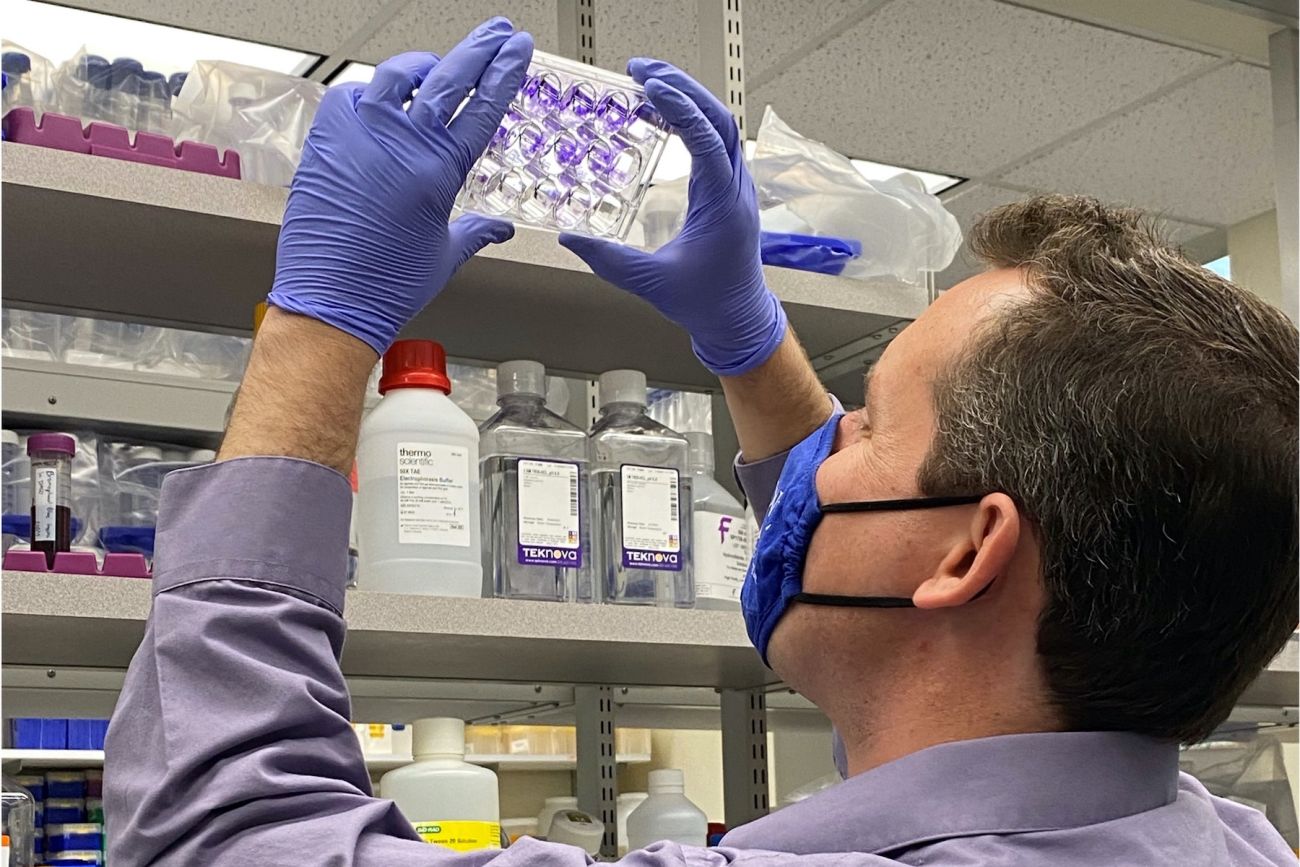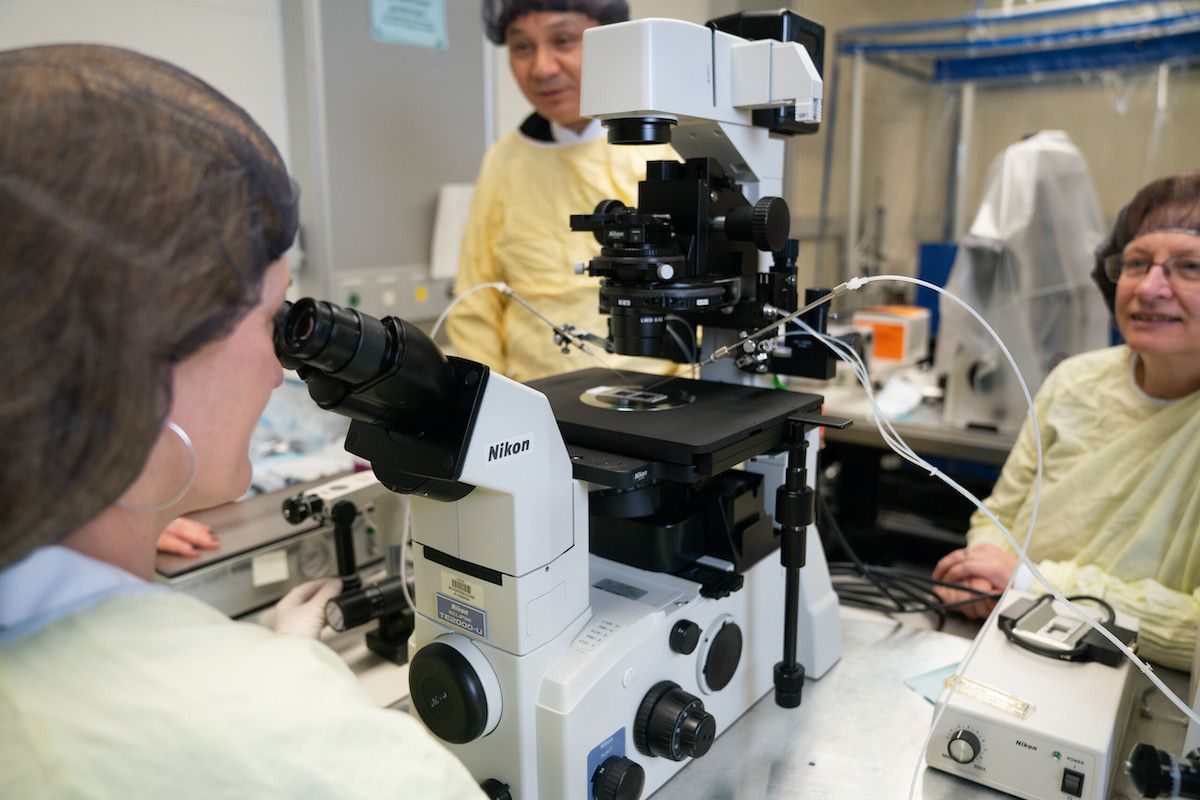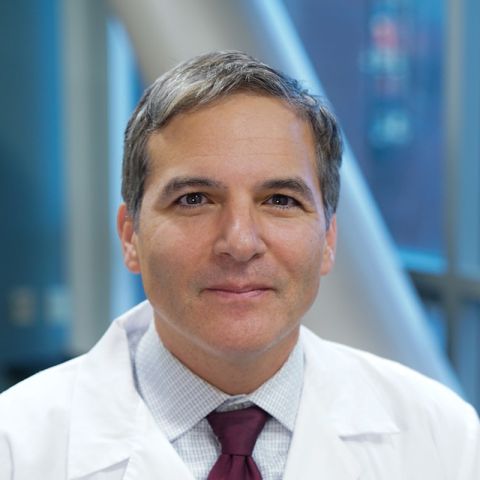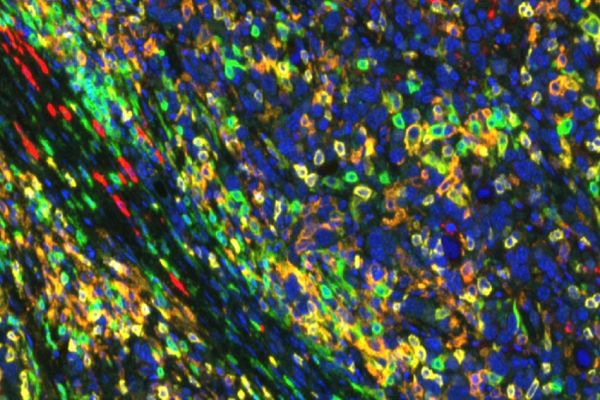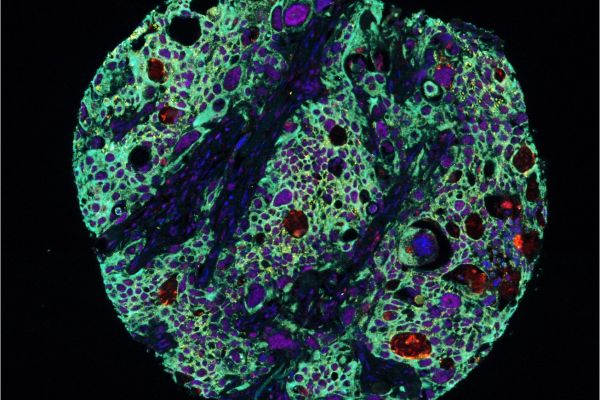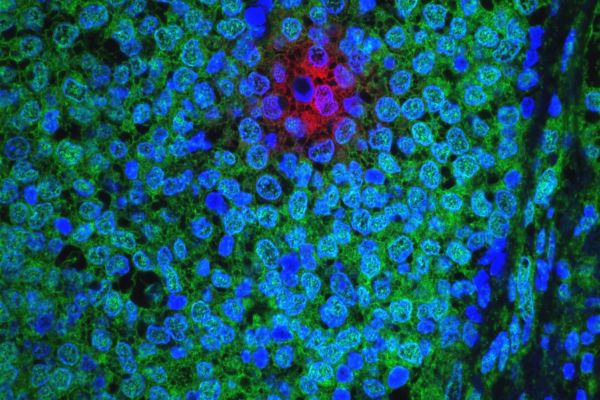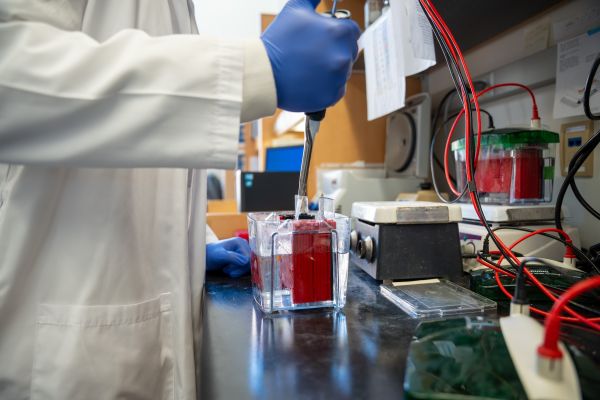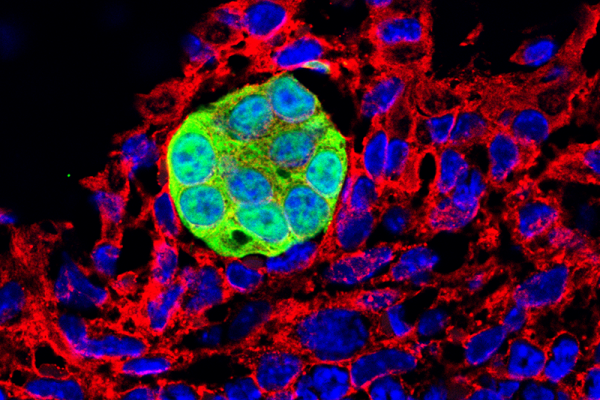Understanding the fundamental mechanisms of biology that impact cancer cells
From disease etiology to new approaches to treatment, the Molecular and Cellular Biology Department at Roswell Park studies the mechanisms governing cellular development, differentiation, and organismal homeostasis.
We explore the fundamental pathways that can transcend cancer type and yield broad impact.
What we do
Our research focuses on five key themes:
- Epigenetic pathways that contribute to cancer, the risk, disease progression, and therapeutic sensitivities
- The glycobiology of cell-cell interactions which are relevant to multiple features of tumor biology and interface with the microenvironment
- Regulatory control of cell proliferation, and means exploit genetic features of deregulated proliferation
- The interface of the tumor with the microenvironment in disease progression and therapeutic resistance.
- The intersection of tumor genetics with biological features of cancer
Ongoing studies transcend bench work carried out in a variety of clinically relevant cancer models, all the way to clinical trials, touching on major biological process of relevance to cancer.
Join Our Team
Learn moreFaculty
Learn moreGene Targeting and Transgenic Shared Resource
Our Gene Targeting & Transgenic Shared Resource provides access to state-of-the-art technologies, methods, and tissue models.
Training the next generation of scientists
In addition to our research activities, the Department of Molecular & Cellular Biology is actively involved in hands-on teaching with Master’s and PhD students in our highly competitive graduate studies program.
Our multidisciplinary education model allows students a unique immersive experience, preparing them for successful careers as independent investigators.
Unmatched expertise
Research interests: Cell cycle control in cancer as a therapeutic target; RB-tumor suppressor pathway in the progression of cancer; breast and pancreatic cancer genetics; defining rationally targeted therapeutic interventions for clinical use.
See the science
Recent publications
- O'Connor TN, Schultz E, Wang J, O'Connor T, Levine E, Knudsen ES, Witkiewicz AK. Real-World Experience among Elderly Metastatic Breast Cancer Patients Treated with CDK4/6 Inhibitor-Based Therapy. Cancers (Basel). 2024;16(9). Epub 2024/05/11. doi: 10.3390/cancers16091749. PubMed PMID: 38730702; PMCID: PMC11083425.
- Ye J, Baer JM, Faget DV, Morikis VA, Ren Q, Melam A, Delgado AP, Luo X, Mullick Bagchi S, Belle JI, Campos E, Friedman M, Veis DJ, Knudsen ES, Witkiewicz AK, Powers S, Longmore GD, DeNardo DG, Stewart SA. Senescent CAFs Mediate Immunosuppression and Drive Breast Cancer Progression. Cancer Discov. 2024 Apr 17;:OF1-OF22. doi: 10.1158/2159-8290.CD-23-0426. [Epub ahead of print] PubMed PMID: 38683543.
- Kumarasamy V, Wang J, Frangou C, Wan Y, Dynka A, Rosenheck H, Dey P, Abel EV, Knudsen ES, Witkiewicz AK. The Extracellular Niche and Tumor Microenvironment Enhance KRAS Inhibitor Efficacy in Pancreatic Cancer. Cancer Res. 2024 Apr 1;84(7):1115-1132. doi: 10.1158/0008-5472.CAN-23-2504. PubMed PMID: 38294344; PubMed Central PMCID: PMC10982648.
- van der Pluijm LAK, Koudijs A, Stam W, Roelofs J, Danser AHJ, Rotmans JI, Gross KW, Pieper MP, van Zonneveld AJ, Bijkerk R. SGLT2 inhibition promotes glomerular repopulation by cells of renin lineage in experimental kidney disease. Acta Physiol (Oxf). 2024;240(3):e14108. Epub 2024/02/05. doi: 10.1111/apha.14108. PubMed PMID: 38314444; PMCID: PMC10923162.
- Edwards MM, Wang N, Massey DJ, Bhatele S, Egli D, Koren A. Incomplete reprogramming of DNA replication timing in induced pluripotent stem cells. Cell Rep. 2024 Jan 23;43(1):113664. doi: 10.1016/j.celrep.2023.113664. Epub 2024 Jan 8. PubMed PMID: 38194345.
Contact us
Jennifer Panaro
Scientific Department Administrator III
Phone: 716-845-1300, x1929
Email: Jennifer.Panaro@RoswellPark.org
